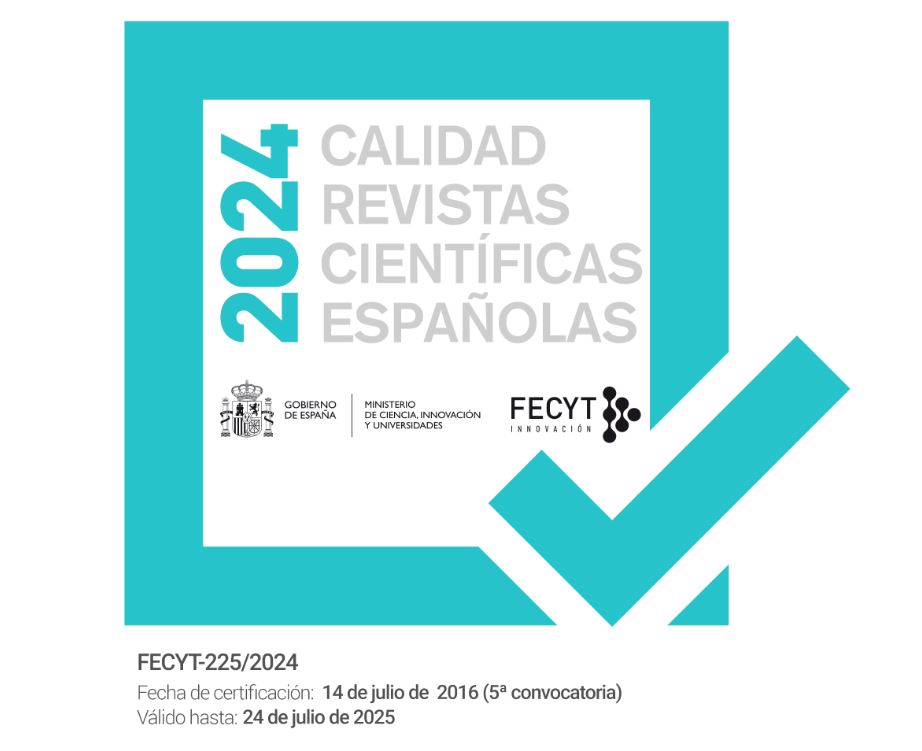Appropriation and reappropriation of the female voice in the “españolada”: the case of El Gato Montés
DOI:
https://doi.org/10.30827/arenal.v17i1.1468Keywords:
Gender Theory, Women´s Voice, Film Adaptation, Popular Culture, StereotypeAbstract
Spanish first female director's first feature film, El Gato Montés (Rosario Pi, 1935), partakes of the tradition of the so-called “españolada”, which at the time used to adapt theatre plays onto screen. Based upon Maestro Penella´s homonymous zarzuela, Pi, who was also the scriptwriter, recuperated the character of the gypsy Soleá and, with very little changes in the plot, managed to re-write some aspects that had to do with the relationship between women and men, their own bodies and decisions. This article establishes a comparison between the two texts and uses film and gender theory in order to analyse the mechanisms of appropriation, writing and re-writing of the female voice.
Downloads
Downloads
Published
How to Cite
Issue
Section
License
Los/as autores/as que publican en esta revista están de acuerdo con los siguientes términos:
Los autores/as conservarán sus derechos de autor y garantizarán a la revista el derecho de primera publicación de su obra, el cuál estará simultáneamente sujeto a la Licencia de reconocimiento de Creative Commons 4.0 BY-NC-ND que permite a terceros compartir la obra siempre que se indique su autor y su primera publicación esta revista.
Los autores/as podrán adoptar otros acuerdos de licencia no exclusiva de distribución de la versión de la obra publicada (p. ej.: depositarla en un archivo telemático institucional o publicarla en un volumen monográfico) siempre que se indique la publicación inicial en esta revista.
Se permite y recomienda a los autores/as difundir su obra a través de Internet (p. ej.: en archivos telemáticos institucionales o en su página web) antes y durante el proceso de envío, lo cual puede producir intercambios interesantes y aumentar las citas de la obra publicada. (Véase El efecto del acceso abierto).














